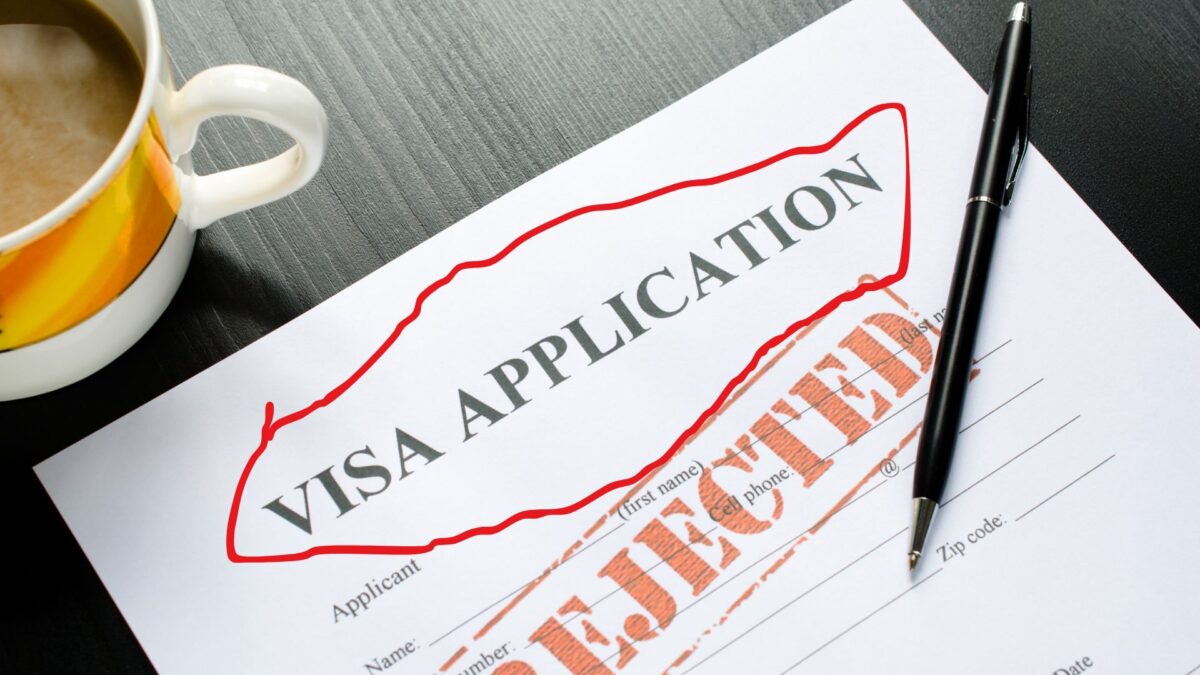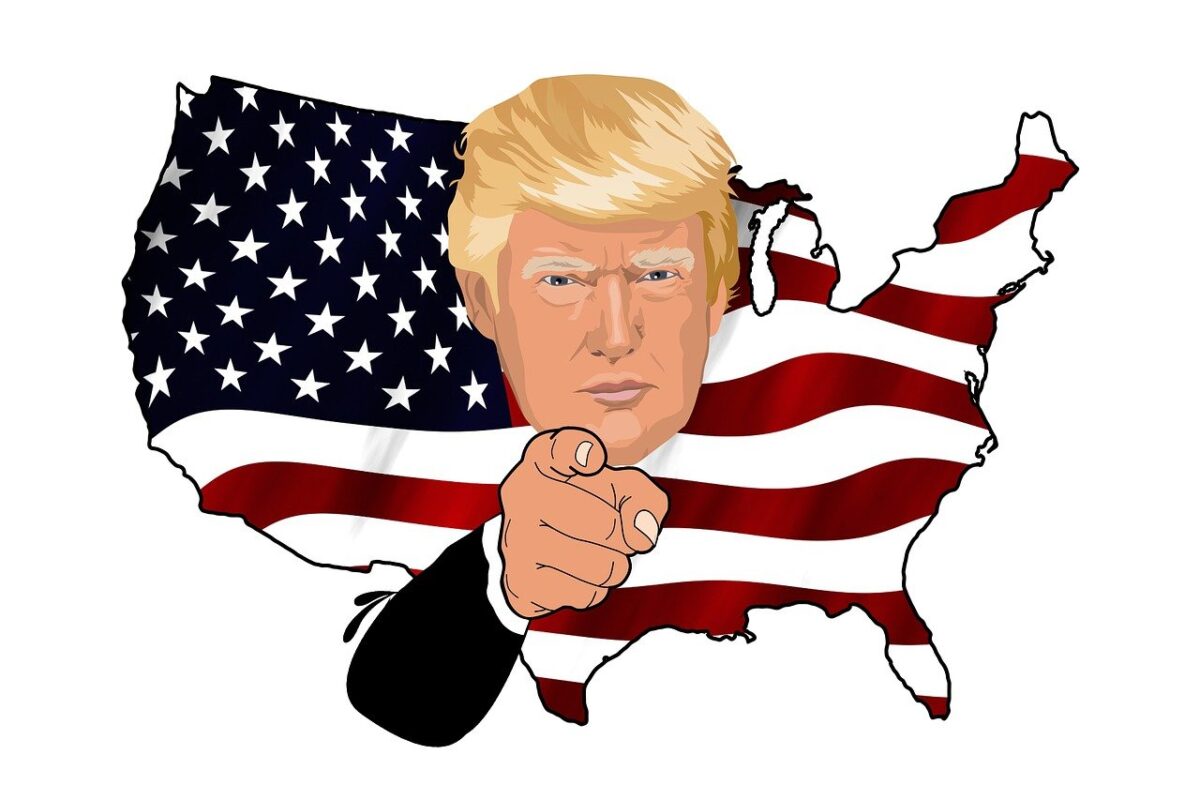Applying for an E-2 Investor Visa can be a powerful route for entrepreneurs to start or grow a business in the United States, but mistakes in the application often lead to delays, denials, or unnecessary risk. This article highlights the most common missteps and offers practical fixes to strengthen an application.
Quick primer: what the E-2 actually requires
The E-2 visa is a nonimmigrant treaty investor classification that allows nationals of qualifying countries to enter the United States to develop and direct an enterprise in which they have invested, or are actively investing, a substantial amount of capital.
Key elements include: the investor's nationality of a treaty country, a bona fide enterprise that is real and operating or actively in process, an investment that is substantial and at risk, investor control of the enterprise, and the business must not be merely marginal (it should generate more than minimal living for the investor or create job opportunities).
For official guidance, see the USCIS information on E-2 Treaty Investors.
Top 10 most common mistakes—and how to avoid them
Mistake 1 — Choosing the wrong business model or a passive investment
Many applicants present a passive investment such as purchasing rental property, owning shares in a fund, or holding investments that do not require their active direction. An E-2 investor must be coming to the U.S. to develop and direct the enterprise, not simply to collect passive returns.
Why it matters: Consular officers and USCIS look for evidence that the investor will have a managerial or executive role with daily decision-making authority.
How to fix it: Structure the entity so the investor has clear managerial authority—titles, bylaws, operating agreements, and evidence of active duties. For investments that might appear passive, show operational involvement: hiring staff, negotiating contracts, signing leases, and regular decision-making records.
Mistake 2 — Underestimating the need to show a substantial, at-risk investment
Applicants sometimes assume a small cash deposit or a promise of funds is enough. The investment must be committed and irrevocably at risk to develop and run the business.
Why it matters: Officers evaluate whether funds are actually dedicated to the enterprise and are exposed to the normal risks of loss.
How to fix it: Provide bank transfers, canceled checks, loan documents (if arms-length and without guarantees that neutralize risk), escrow agreements, invoices, receipts for equipment, and lease payments. Describe the funding timeline and demonstrate that funds are already spent or will be spent according to a credible business plan.
Mistake 3 — Failing to prove the lawful source of funds
Applicants sometimes provide a bank balance but cannot document where the funds originated. Evidence of the lawful source is essential.
Why it matters: Consular officers and USCIS must be satisfied funds were obtained legally and the applicant has the right to use them for the investment.
How to fix it: Collect tax returns, payroll records, sale agreements for sold assets, loan agreements, gift affidavits (with corroborating evidence), corporate distributions, and bank statements showing the flow of funds. Explain complex transactions with chronological documentation and expert letters if necessary.
Mistake 4 — Submitting a weak or unrealistic business plan
A generic or overly optimistic business plan that lacks operational detail, realistic financials, or a hiring schedule undermines the claim that the enterprise is viable and not marginal.
Why it matters: The business plan ties together the investment amount, revenue projections, job creation, and the timeline for scaling—key elements in proving non-marginality and a bona fide enterprise.
How to fix it: Build a professional business plan with realistic assumptions, market analysis, competitor research, cashflow projections (monthly for the first year and annual thereafter), staffing plans, marketing strategy, and risk mitigation. Consider using resources from the U.S. Small Business Administration for templates and guidance: SBA - Write Your Business Plan.
Mistake 5 — Treating the application as a paperwork formality
Some investors assemble documents in haste or rely on template letters without tailoring evidence to the specific enterprise. The E-2 application must tell a consistent story across all documents.
Why it matters: Discrepancies or generic materials raise doubts about authenticity and commitment.
How to fix it: Ensure consistency in dates, amounts, business names, and roles across bank statements, contracts, leases, payroll records, and the business plan. Use company letterhead for important statements, and include organized exhibits with clear labels and an index to help reviewers follow the narrative.
Mistake 6 — Ignoring the marginality test and staffing expectations
Investors may assume a small sole-operator business qualifies. The E-2 enterprise must not be merely marginal; it should have the present or future capacity to generate more than just a subsistence income or to create jobs for U.S. workers.
Why it matters: Applicants who cannot show current or planned job creation or meaningful revenue are often refused on grounds of marginality.
How to fix it: Present hiring plans, payroll projections, employment contracts, recruitment postings, and realistic timelines for job creation. If the business is initially small, demonstrate a credible growth plan that will create U.S. jobs or significant economic impact over time.
Mistake 7 — Weak documentation of investor control
Evidence that the investor controls the enterprise—through ownership, management authority, or binding agreements—is essential. Investors sometimes forget to document control when using holding companies, nominee structures, or complex ownership.
Why it matters: Officers must believe the investor has the ability to direct the enterprise's operations and investment decisions.
How to fix it: Provide articles of incorporation, operating agreements, stock certificates, shareholder agreements, board resolutions, and power of attorney documents that clarify control. Avoid nominee ownership structures that obscure true control unless thoroughly documented and justified.
Mistake 8 — Mishandling loan-funded investments and guarantees
Using debt to fund an investment is acceptable, but loans must put the invested capital at genuine risk. Applicants sometimes present loans with personal guarantees that negate risk or loans from related parties without arms-length terms.
Why it matters: If the investor can simply reclaim funds or if collateral arrangements negate risk, the investment may not meet the at-risk requirement.
How to fix it: Structure loans with market terms, document lender identity and the loan purpose, show disbursement records into the business, and explain how the loan terms maintain the capital at risk. If funds come from a third-party loan based on the business's assets, explain why the investor still faces risk.
Mistake 9 — Poor timing or inconsistent stage of business development
Submitting an application too early (no substantive progress toward operations) or too late (after marketplace revenue that raises other classifications) can create problems. Officers want to see a bona fide enterprise that is either operating or actively in the process of being developed.
Why it matters: Evidence must align with the claimed stage—start-up, growing, or acquiring an existing business—and support the investment amount and business plan.
How to fix it: Show chronological development: incorporation dates, leases, permits, equipment purchases, hiring, invoices, and contracts. If purchasing an existing business, provide prior financials, transfer agreements, and evidence of continuity. For start-ups, demonstrate concrete steps already taken toward operation.
Mistake 10 — Overlooking the consular interview and credibility issues
Even a strong documentary file can fail if the applicant winds up unable to explain the business or appears inconsistent at the consular interview. Applicants sometimes rely exclusively on counsel documents rather than understanding their business inside-out.
Why it matters: The consular officer evaluates credibility through both documents and oral testimony, and inconsistent answers can trigger denials.
How to fix it: Prepare the investor to succinctly explain the business model, role, funding sources, and hiring plans. Practice anticipated interview questions, ensure supporting documents are organized and readily accessible, and avoid contradictory statements. Counsel should be used to prepare but the investor must personally know the critical points.
Practical checklist and best practices
To reduce risk and strengthen an E-2 visa application, an investor should follow a short checklist that aligns with E-2 visa requirements:
- Establish nationality: Confirm treaty-country status and gather passports and proof of nationality.
- Document funds: Trace the lawful source of investment funds with clear transactional evidence.
- Show commitment: Demonstrate funds are at risk and committed to the enterprise.
- Provide a realistic business plan: Include detailed financials, hiring plans, and market analysis.
- Clarify control: Supply corporate governance documents proving investor direction.
- Organize exhibits: Create an indexed, consistent, and labeled package of supporting documents.
- Prepare for interview: Rehearse core facts and ensure all spokespeople and company officers give consistent statements.
When to seek professional help
While some applicants can prepare their own documents, the complexities of funding documentation, structuring investments to meet the at-risk test, and persuading a consular officer or USCIS make legal advice highly valuable. Experienced immigration counsel helps anticipate questions, design an evidentiary strategy, and correct structural mistakes before they become problems.
For reference on legal guidance and standards, reputable sources include the U.S. Department of State's visa pages and USCIS resources on treaty investors: Department of State - Treaty Trader and Investor Visas and USCIS - E-2 Treaty Investors.
Questions to consider before filing
Encourage the investor to reflect on a few strategic questions that often expose weak spots in an application:
- Is the investment structure clearly at risk and funded from lawful sources?
- Does the business plan show real potential to support more than just the investor’s subsistence?
- Can the investor clearly explain their day-to-day role and control of the enterprise?
- Are the documents consistent and organized to tell one unified story?
Careful preparation and honest assessment of these areas dramatically reduce the chance of avoidable denials and delays.
The E-2 path rewards entrepreneurs who prepare thoughtfully: when an investor aligns funding, business structure, documentation, and credibility, the chances of approval improve substantially.
Please Note: This blog is intended solely for informational purposes and should not be regarded as legal advice. As always, it is advisable to consult with an experienced immigration attorney for personalized guidance based on your specific circumstances.









